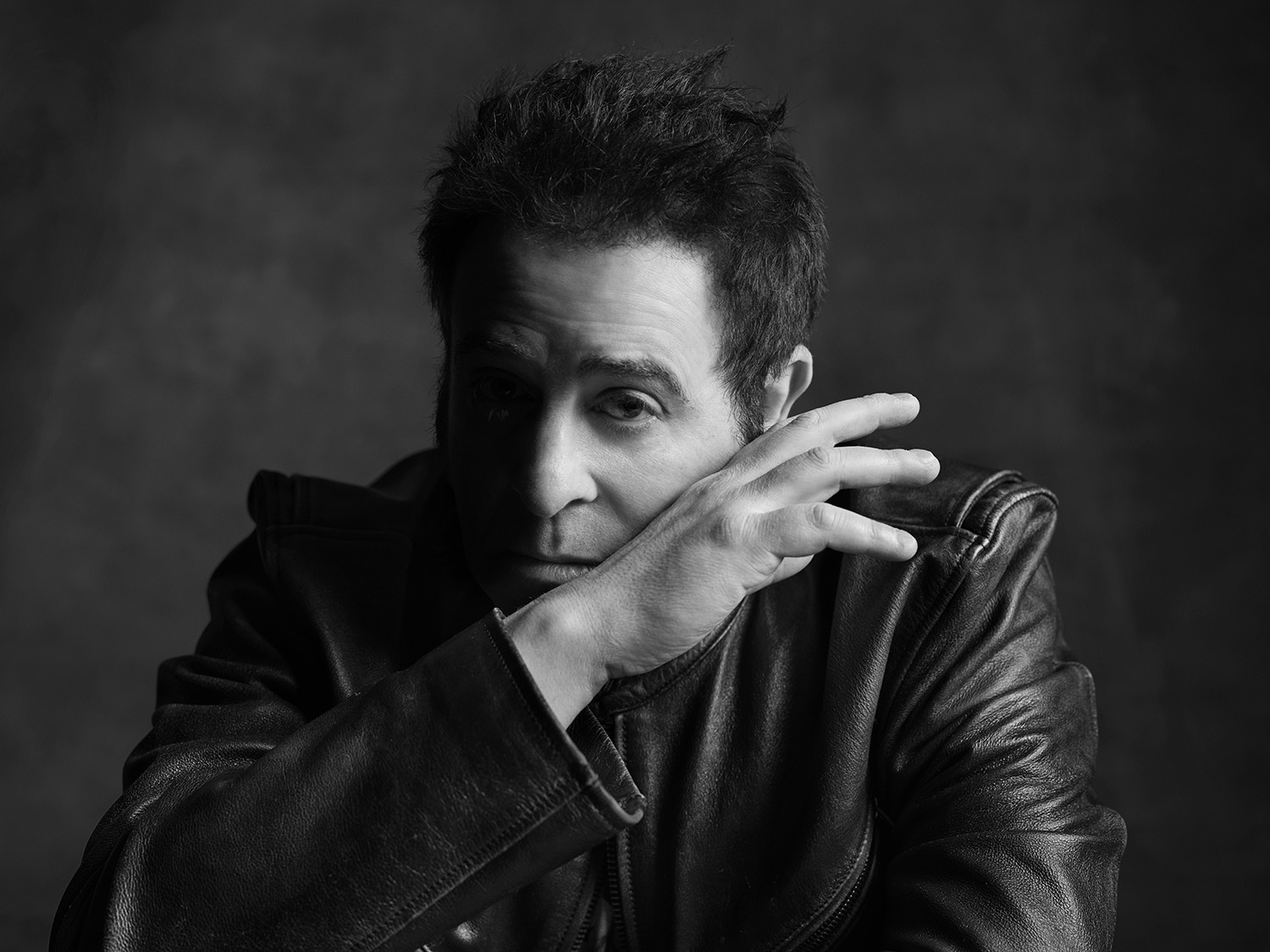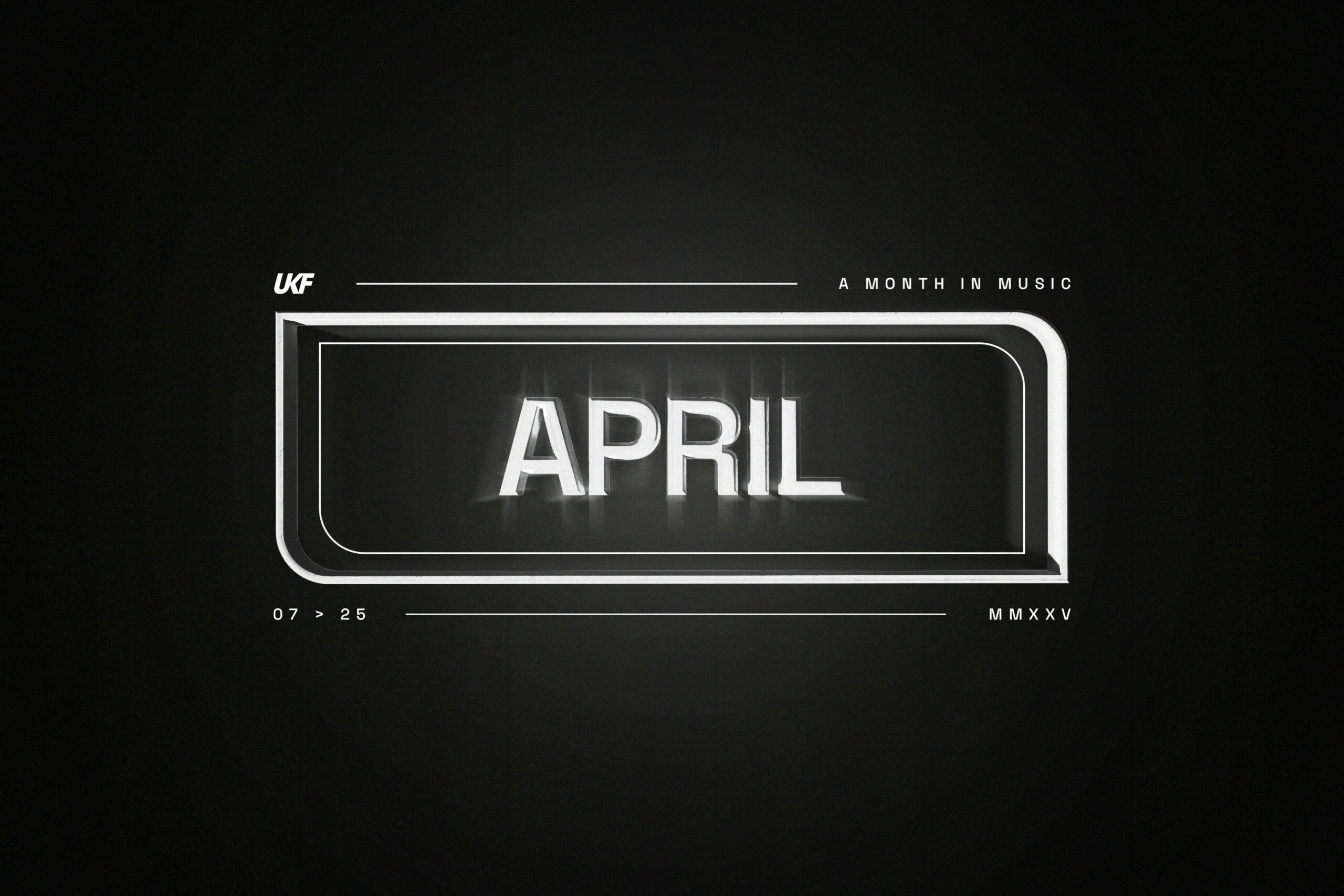What First Drove Stephen King to Write?
There are a lot of powerful things behind the need to write. For some, it's catharsis, for others, it's freedom. And for Stephen King, this original call to write came from a fit of rage. That's right, the initial emotion that brought pen to paper for the esteemed author and screenwriter is an anger so deep and so red hot that it got him to produce thousands of pages of work. Today, I want to go over that. Let's dive in. Let Your Anger Out What's the purpose of literature? Stephen King thinks it's a sweaty, close-up thing that should be accessible to the people and have the energy of a nightclub. And when he saw popular works not fulfilling those needs, he dove in. King wanted a raw, energetic, and perhaps even a little dangerous quality to his storytelling – a far cry from the more "dry, intellectual style" he perceives in some other writers. That anger was inside him when he put pen to paper, to right the wrongs not only of things that happened to him in his life but to what he saw happening to literature. I have to say, this was one of the more personally identifiable quotes I've read recently. Because I do think a lot of us should be tapping into this when we write for TV and for movies. We should be upset that the movie or show inside our heads is not on the air. We should write it with the passion of needing to get it on the page. That anger can be contagious, and it can convince others to jump aboard. I also think I equate writing to sports a lot. And in sports, it's good to be emotional. I think about people like Allen Iverson and Michael Jordan; they let those emotions take over, and we saw some of their best work. It's good to feel what you're putting on the page and to have a point of view. Like King, channeling whatever drives you onto the page will not only motivate you to write, but also to rewrite. What you put down at first may not be gold, but you need the energy to keep going and to refine stuff moving forward. If anger is what gets you going, then use it to finish. A finished idea is what matters more than anything. Summing It All Up This insight into King's motivations offers a compelling perspective on the diverse ways we all come to creativity. I love that he was ignited by a potent and deeply personal force, and I hope we all feel something like that. Let me know what you think in the comments.


There are a lot of powerful things behind the need to write. For some, it's catharsis, for others, it's freedom. And for Stephen King, this original call to write came from a fit of rage.
That's right, the initial emotion that brought pen to paper for the esteemed author and screenwriter is an anger so deep and so red hot that it got him to produce thousands of pages of work.
Today, I want to go over that.
Let's dive in.
Let Your Anger Out
What's the purpose of literature? Stephen King thinks it's a sweaty, close-up thing that should be accessible to the people and have the energy of a nightclub.
And when he saw popular works not fulfilling those needs, he dove in.
King wanted a raw, energetic, and perhaps even a little dangerous quality to his storytelling – a far cry from the more "dry, intellectual style" he perceives in some other writers.
That anger was inside him when he put pen to paper, to right the wrongs not only of things that happened to him in his life but to what he saw happening to literature.
I have to say, this was one of the more personally identifiable quotes I've read recently.
Because I do think a lot of us should be tapping into this when we write for TV and for movies. We should be upset that the movie or show inside our heads is not on the air. We should write it with the passion of needing to get it on the page.
That anger can be contagious, and it can convince others to jump aboard.
I also think I equate writing to sports a lot. And in sports, it's good to be emotional. I think about people like Allen Iverson and Michael Jordan; they let those emotions take over, and we saw some of their best work.
It's good to feel what you're putting on the page and to have a point of view.
Like King, channeling whatever drives you onto the page will not only motivate you to write, but also to rewrite. What you put down at first may not be gold, but you need the energy to keep going and to refine stuff moving forward.
If anger is what gets you going, then use it to finish. A finished idea is what matters more than anything.
Summing It All Up
This insight into King's motivations offers a compelling perspective on the diverse ways we all come to creativity. I love that he was ignited by a potent and deeply personal force, and I hope we all feel something like that.
Let me know what you think in the comments.





















































![Hollow Rendition [on SLEEPY HOLLOW]](https://jonathanrosenbaum.net/wp-content/uploads/2010/03/sleepy-hollow32.jpg)
![It All Adds Up [FOUR CORNERS]](https://jonathanrosenbaum.net/wp-content/uploads/2010/08/fourcorners.jpg)


















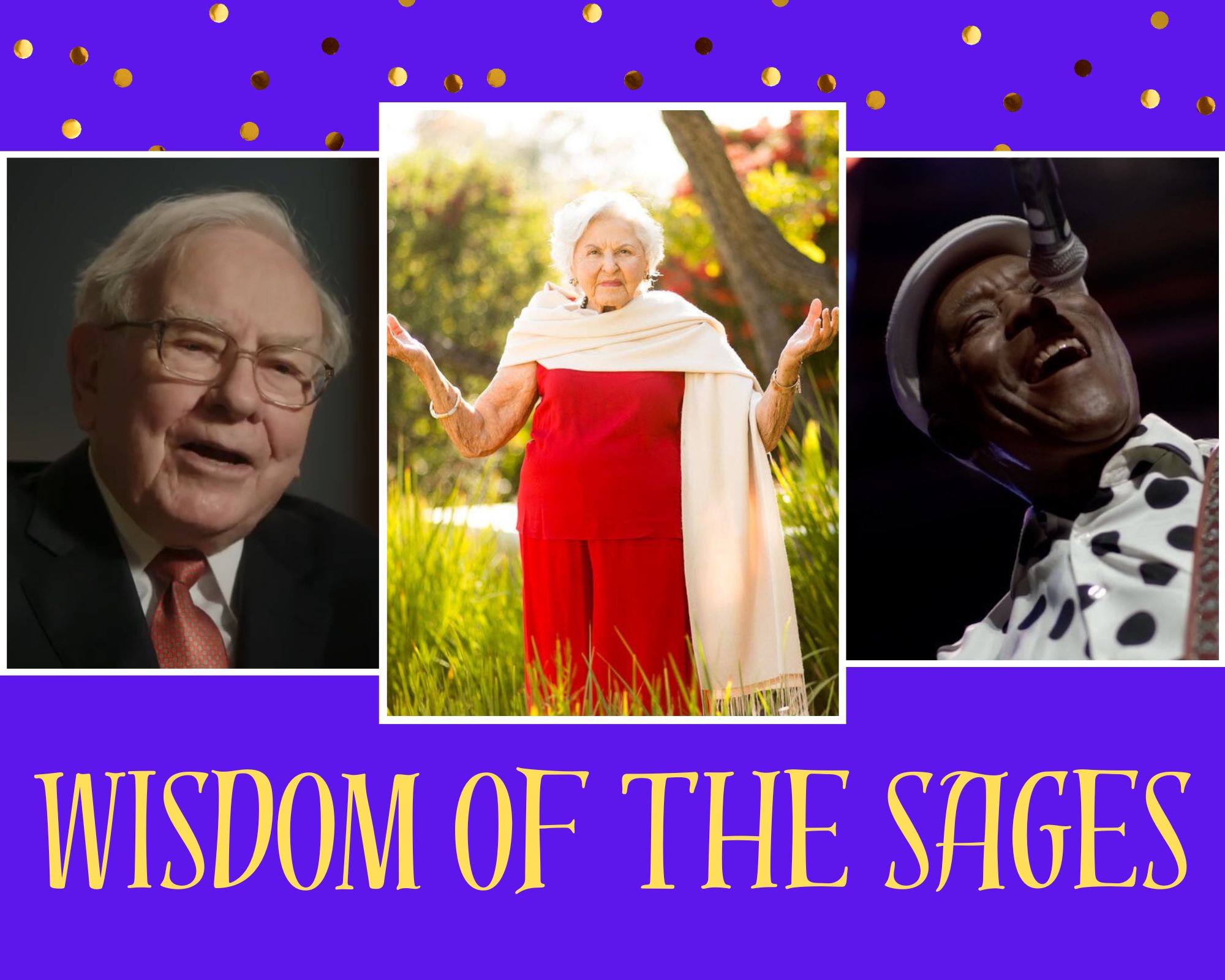












![John Wick's 'Gun-Fu' Action Style Was Originally Designed For A Jason Statham Movie [Exclusive]](https://www.slashfilm.com/img/gallery/john-wicks-gun-fu-action-style-was-originally-designed-for-a-jason-statham-movie-exclusive/l-intro-1746726001.jpg?#)














![‘The Surfer’: Nicolas Cage & Lorcan Finnegan Dive Into Aussie Surrealism, Retirement, ‘Madden’ & ‘Spider-Man Noir’ [The Discourse Podcast]](https://cdn.theplaylist.net/wp-content/uploads/2025/05/08055648/the-surfer-nicolas-cage.jpg)





































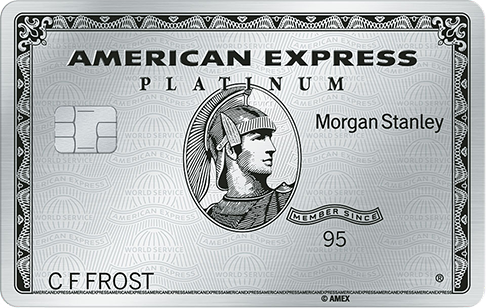





































































![Marriott Hotel Demanded Women Show ID To Prove Gender—While They Were Using The Restroom [Roundup]](https://viewfromthewing.com/wp-content/uploads/2025/05/liberty-hotel-boston.jpeg?#)










































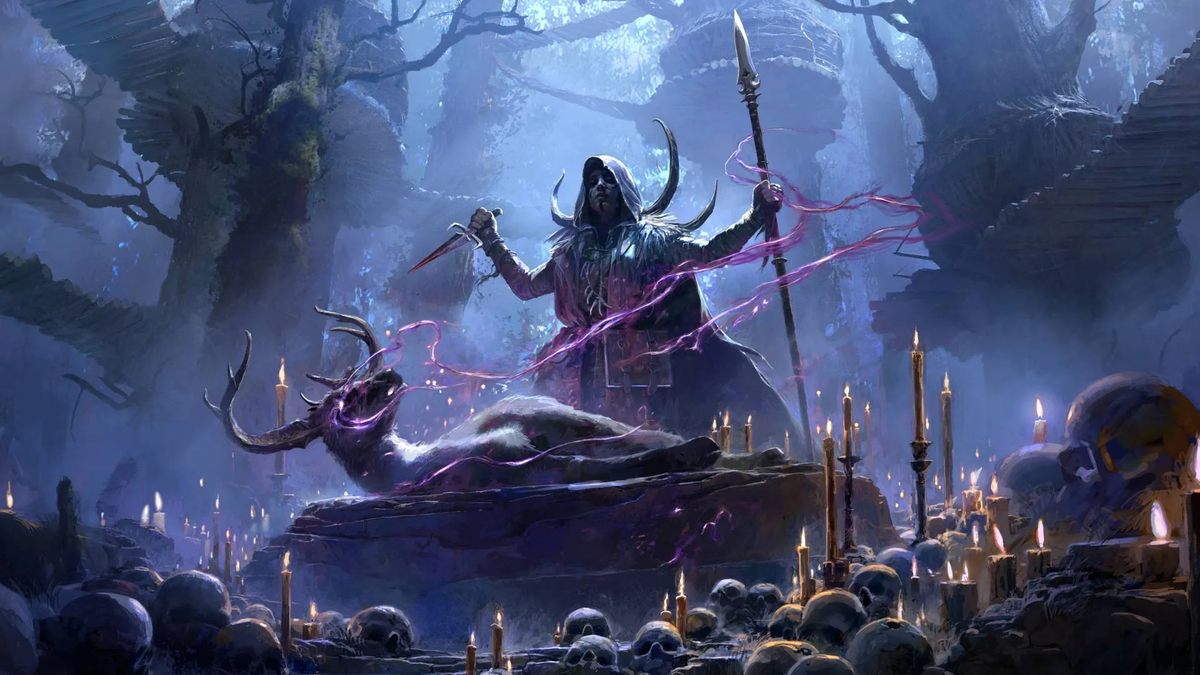





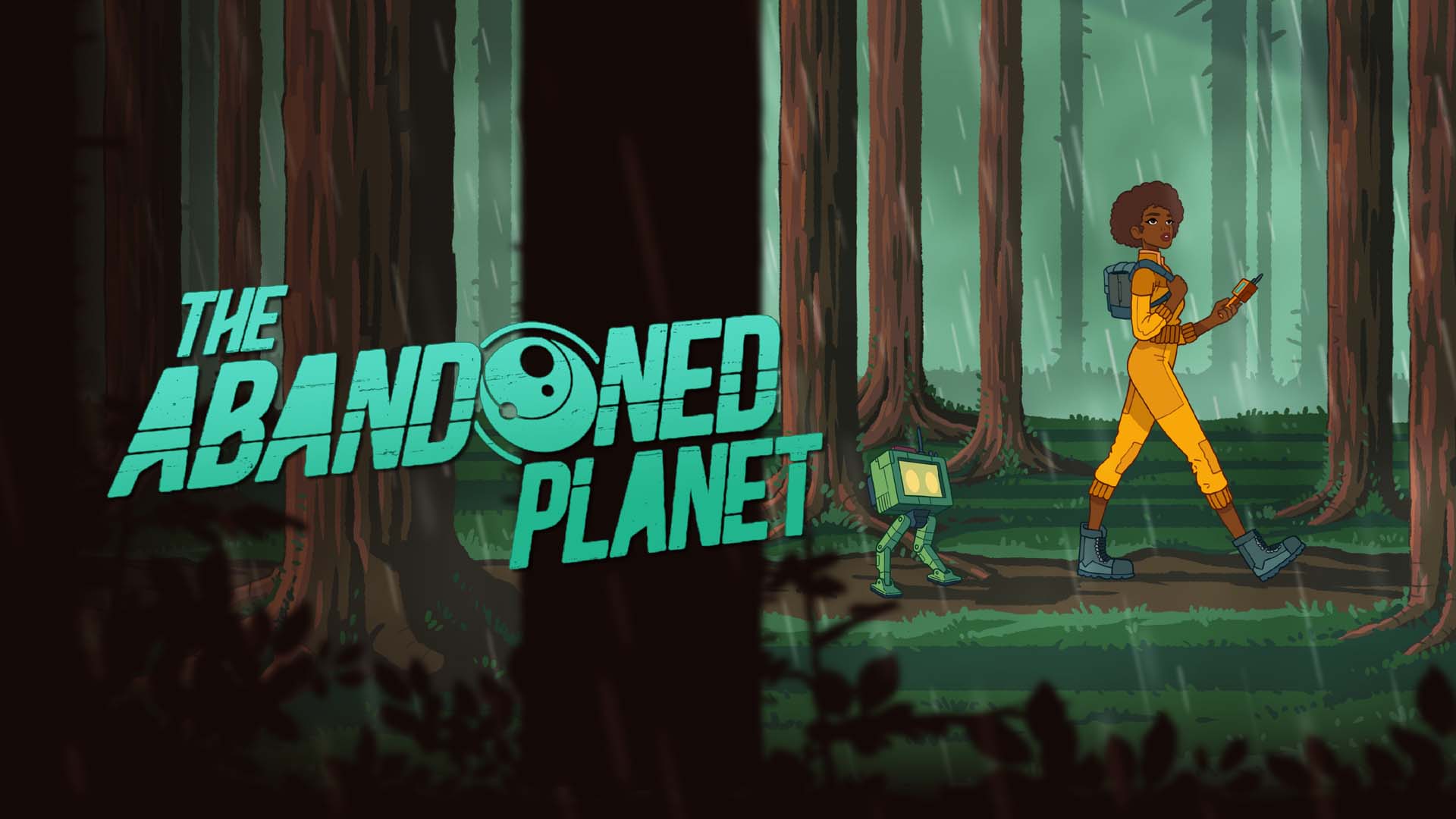









































































































.jpg)






































































































